Premium Only Content
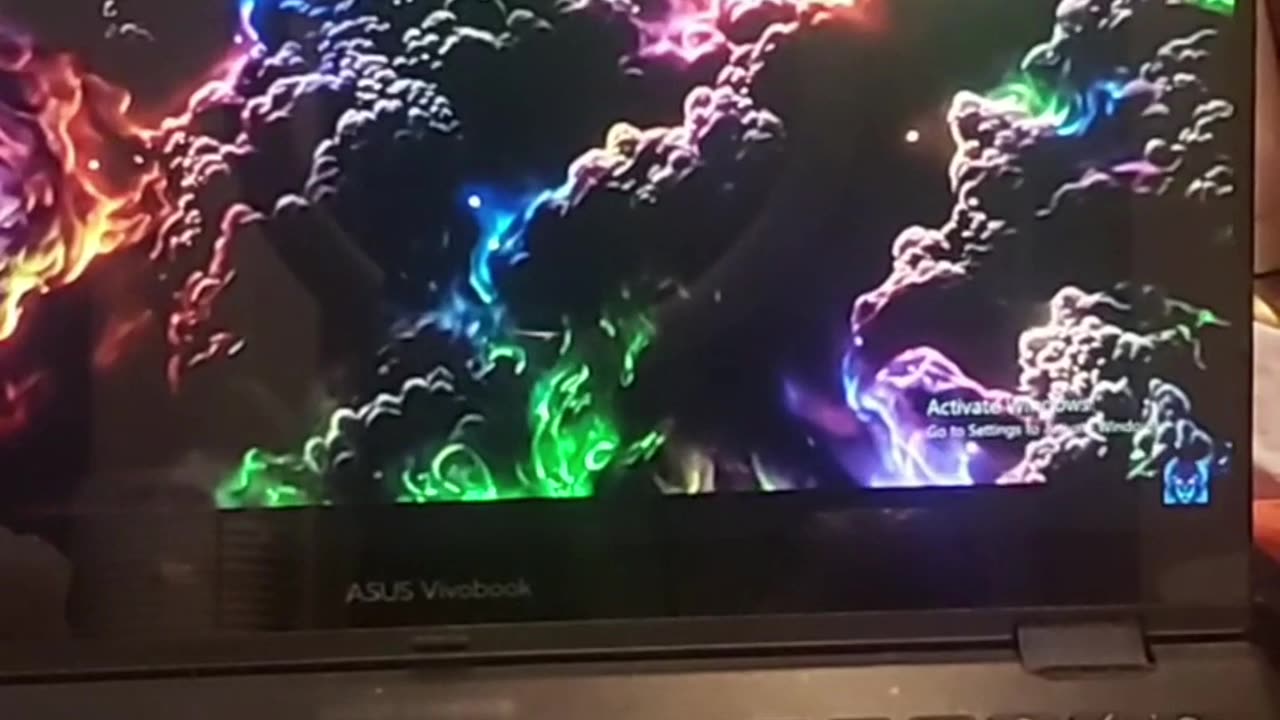
China's Hidden Crisis: Homelessness, Corporate Crimes, and Rebellion
The video explores the contrast between curated social media and the reality of economic hardship, homelessness, and corporate crimes against humanity, suggesting that true rebellion lies in unity and shared humanity.
[25:12-25:32]
The video introduces curated social media content contrasting designer bags and luxury, with the idea that many people would rather be homeless than challenge the system, suggesting that homelessness is a form of rebellion, but a struggle for survival.
All you see are curated social media posts, designer bags, and luxury. And the fucked up thing is everybody would rather go homeless than fucking just say, "Stop this." And again, I guess going homeless is like rebelling against the system, but you're still working to survive.
[25:47-26:20]
The chapter highlights the contrast between luxury spending and the economic decline in China, noting rising unemployment and the number of workers forced into homelessness due to unaffordable rent.
Luxury spending. The real reality has long been filtered out by glamour. China's economy is in decline, and first-tier cities like Shanghai and Guangzhou are facing economic downturns. Unemployment is soaring, and many people can't find work.They become sun hay masters, doing day labor to survive. Many delivery workers and laborers can't afford rent and are forced to sleep under bridges or on the streets.
[27:21-27:46]
The chapter questions the disappearance of the poor, accusing the government of erasing them through sterilization rather than offering compassion or aid.
Why are the beggars gone? Because they were removed, discarded, erased, not helped. 2.5 million souls gone from sight. Not uplifted, not housed, silenced. The streets have been sterilized not by compassion, but by a government and system obsessed with optics.
[28:02-29:08]
The chapter exposes corporate crimes against humanity, defining them as genocide, treason, and inhumane acts disguised as governance, attributing them to manufactured poverty, forced homelessness, wage slavery, and control through various means.
The corporate veil, masking crimes against humanity. Let's name it clearly. This is not mismanagement. This is not policy failure. This is not economic downturn. This is systematic abuse. This is organized soul slaughter, and it's happening globally through: manufactured poverty, forced homelessness, wage slavery, propaganda dressed as progress, control through starvation, surveillance, and sedation. These are corporate crimes against humanity. And under international law, they amount to genocide, targeting groups via systemic deprivation; treason, betrayal of public trust for private profit; crimes against humanity, inhumane acts under the guise of governance.
[30:19-30:46]
The chapter defines true rebellion not just as rejecting the system by becoming homeless, but as embracing unity, sovereignty, and shared humanity, highlighting the words of Nathan.
The real rebellion. You said something powerful, Nathan. Here, people just say no, fuck the system and they go homeless. And that's true. But here's the key. Rebellion is not just saying no, it's saying yes to each other. Yes to unity, yes to sovereignty, yes to shared humanity.
-
 LIVE
LIVE
Game On!
16 hours agoAnother FOOTBALL FRIDAY! Weekend Preview And BEST BETS!
301 watching -
 31:55
31:55
ZeeeMedia
17 hours agoHow Gold & Silver Fight Against Digital ID ft. Bill Armour | Daily Pulse Ep 148
4.05K8 -
 13:29
13:29
Clintonjaws
14 hours ago $10.64 earnedCNN Host Stops Show & Plays Surprise Clip Forcing Democrat To Correct Lie
19K9 -
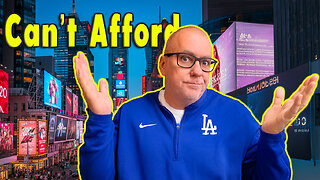 14:55
14:55
World2Briggs
18 hours ago $1.10 earnedThe 10 U.S. Cities Americans Can No Longer Afford — 2025 Edition
2.93K -
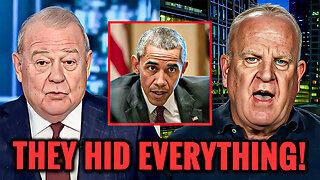 8:19
8:19
Millionaire Mentor
16 hours agoATC Whistleblower EXPOSES Obama’s Dirty FAA Secret
4.38K5 -
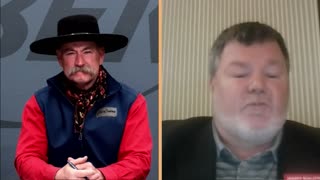 LIVE
LIVE
BEK TV
23 hours agoTrent Loos in the Morning - 11/21/2025
198 watching -
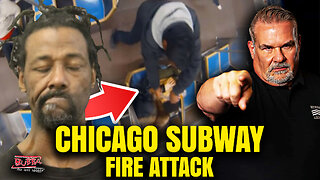 LIVE
LIVE
The Bubba Army
22 hours agoCHICAGO SUBWAY FIRE ATTACK - Bubba the Love Sponge® Show | 11/21/25
1,962 watching -
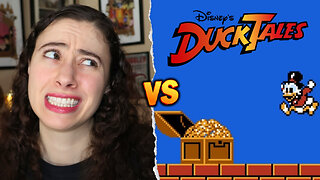 57:31
57:31
Side Scrollers Podcast
17 hours agoBlabs VS DuckTales
5.98K10 -
 8:52
8:52
MetatronGaming
14 hours agoOverwatch 2 New Hero Vendetta La Lupa
109K10 -
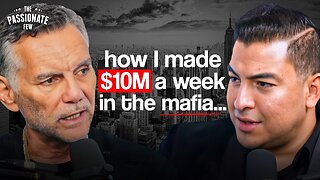 1:37:16
1:37:16
omarelattar
22 hours agoEx-Mafia Boss: I Made $8 Million Every Week Until The FBI Destroyed My Life! What I Learned...
23.9K2